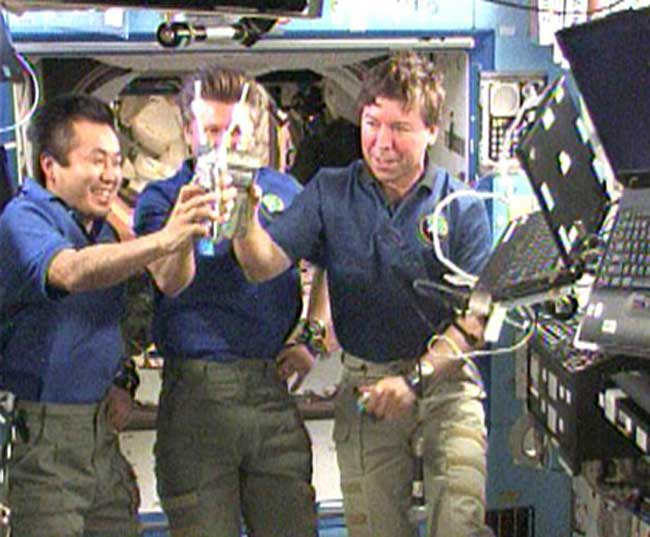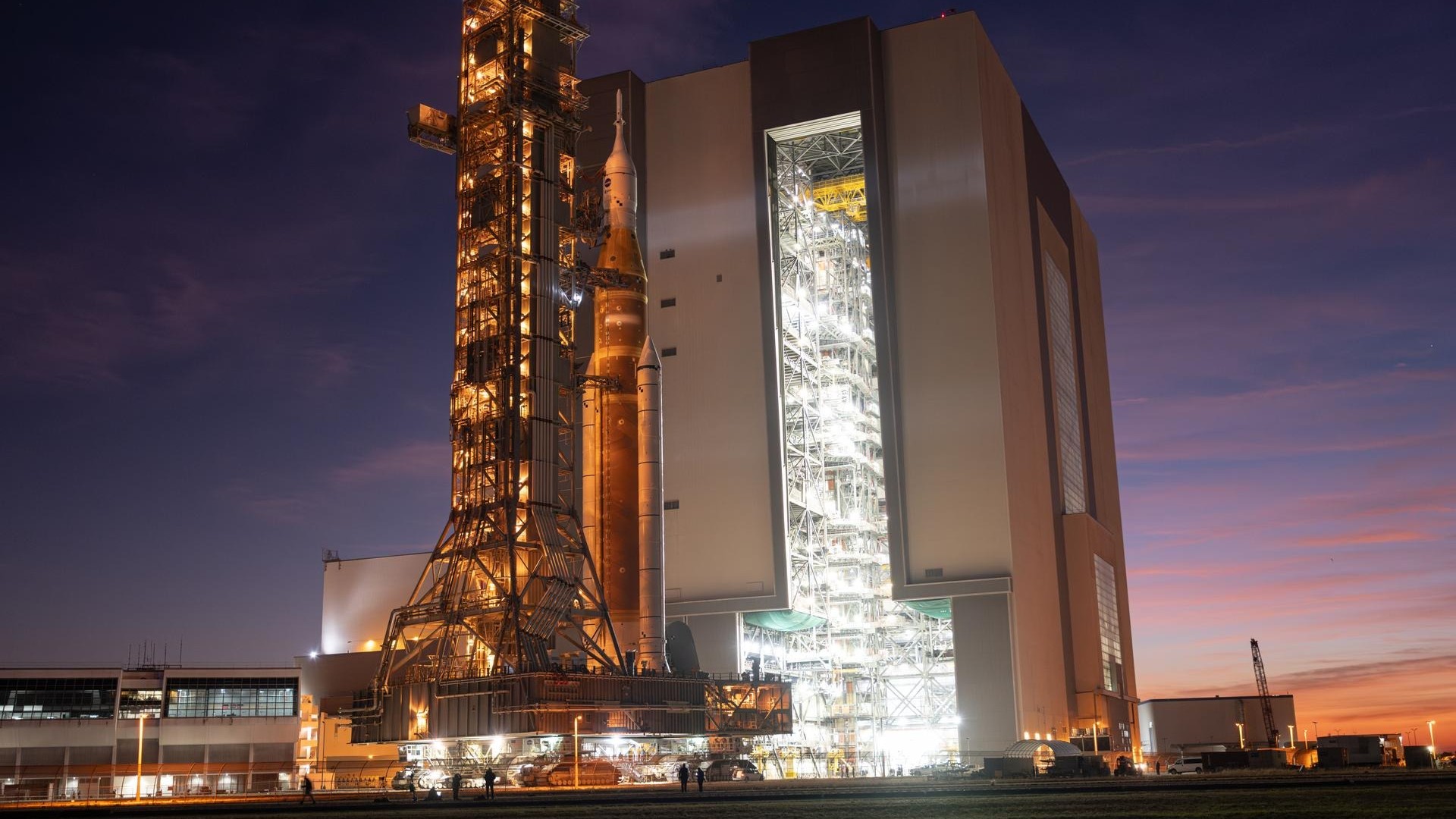Broken Urine Recycler May Affect Space Mission

Breaking space news, the latest updates on rocket launches, skywatching events and more!
You are now subscribed
Your newsletter sign-up was successful
Want to add more newsletters?
A broken device that recycles astronaut urine into clean drinking water on the International Space Station may have a slight impact to life onboard next week when NASA's shuttle Atlantis arrives to boost the number of people there to 12.
Any impact would likely pertain to things like digging into supplies of spare urine bags (to hold stuff that would normally have been recycled), or determining how many astronauts can use the two bathrooms on the station, or the one on Atlantis, NASA spokesperson Kelly Humphries told SPACE.com. The space station has plenty of water to support its six astronauts through next spring with or without the recycler, he added.
"If we can't get it running again, yes it will have an impact because there are no spare parts manifested for the shuttle mission," Humphries said.
Engineers hope they can revive the recycling device, known in NASA parlance as the Urine Processing Assembly (UPA), by the time Atlantis and its crew of six astronauts blast off on Monday. But they are also developing back up plans if the problem persists. If the shuttle launches on time, it will arrive on Wednesday.
The glitch has not affected use of the station's newer, second bathroom, which is tied into the recycling system and is vital to supporting six people aboard the orbiting laboratory and periodic population booms when shuttles are docked, NASA officials said.
The space station's urine recycler is part of a larger, $250 million water conservation system that collects urine and wastewater, as well as sweat and other condensate from the spacecraft's atmosphere. That mix is then filtered through a seven-step process until it is pure enough to drink or use for food preparation, bathing, oxygen generation or any other purpose.
Station astronauts began drinking their recycled urine in May.
Breaking space news, the latest updates on rocket launches, skywatching events and more!
The most recent breakdown for the urine processor, which has had glitches before, occurred Oct. 30. Astronauts removed a clog in its intricate plumbing and were testing the fix when they saw it break down again.
Engineers believe the glitch is different from the earlier malfunctions, Humphries said. They will continue to study the problem as the station astronauts prepare for the arrival of Atlantis.
Atlantis' six-astronaut crew is poised to fly an 11-day mission to the space station to deliver vital, and large, spare parts for the orbiting lab. Three spacewalks are planned to make the delivery.
The space station is currently home to six astronauts — two Americans, two Russians, a Canadian and Belgian spaceflyer Frank De Winne of the European Space Agency, who commands the team. One crewmember, NASA astronaut Nicole Stott, is due to return home aboard Atlantis when it leaves the station later this month.
Earlier today, the station crew welcomed the arrival of a brand-new Russian module to their orbiting lab.
The unmanned Mini-Research Module 2, named Poisk (Russian for "explore"), docked to a rooftop berth on the station's Russian-built Zvezda service module. It can be used as a research space, for storage, as well as an airlock or docking port.

Tariq is the award-winning Editor-in-Chief of Space.com and joined the team in 2001. He covers human spaceflight, as well as skywatching and entertainment. He became Space.com's Editor-in-Chief in 2019. Before joining Space.com, Tariq was a staff reporter for The Los Angeles Times covering education and city beats in La Habra, Fullerton and Huntington Beach. He's a recipient of the 2022 Harry Kolcum Award for excellence in space reporting and the 2025 Space Pioneer Award from the National Space Society. He is an Eagle Scout and Space Camp alum with journalism degrees from the USC and NYU. You can find Tariq at Space.com and as the co-host to the This Week In Space podcast on the TWiT network. To see his latest project, you can follow Tariq on Twitter @tariqjmalik.
